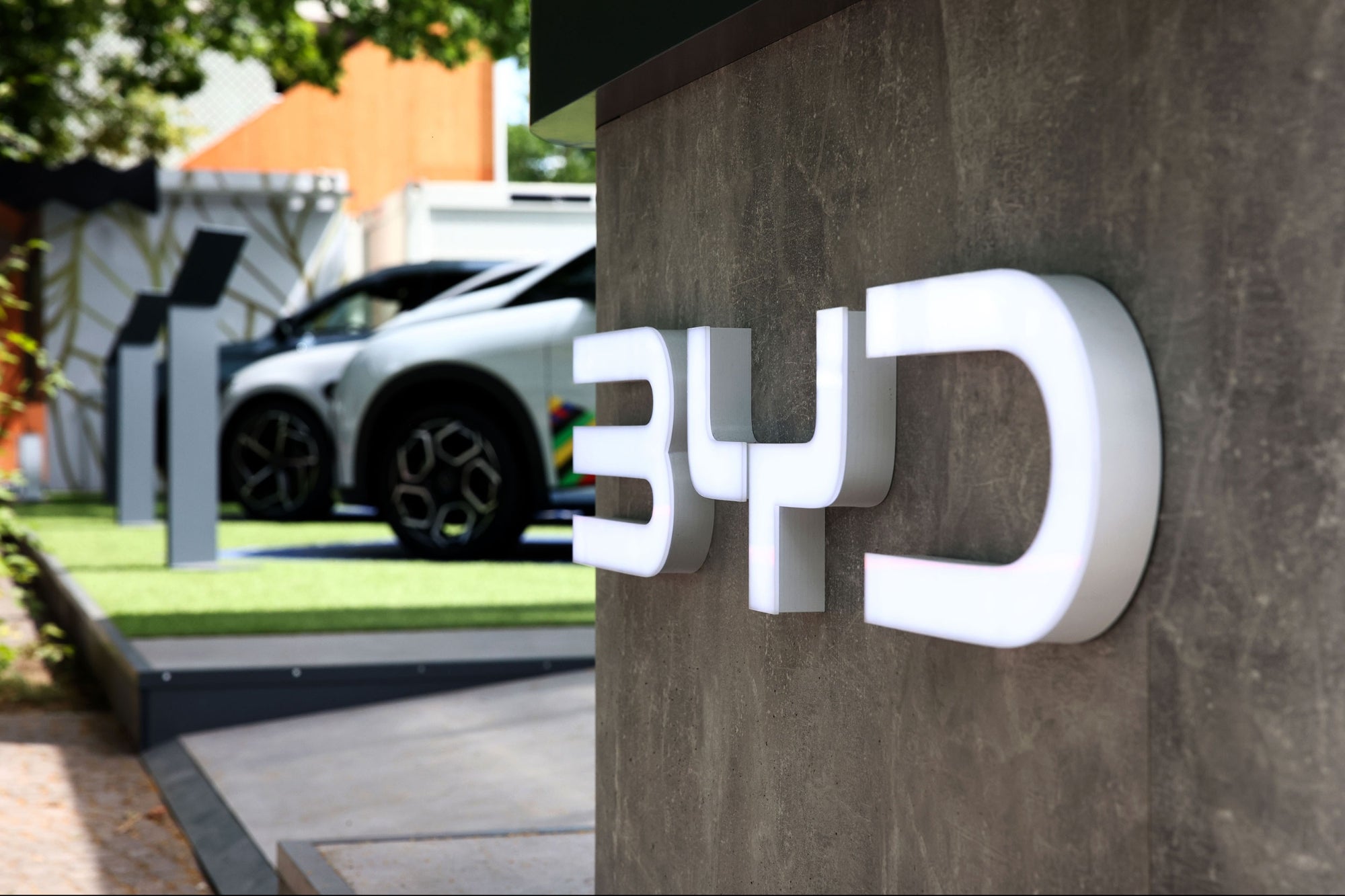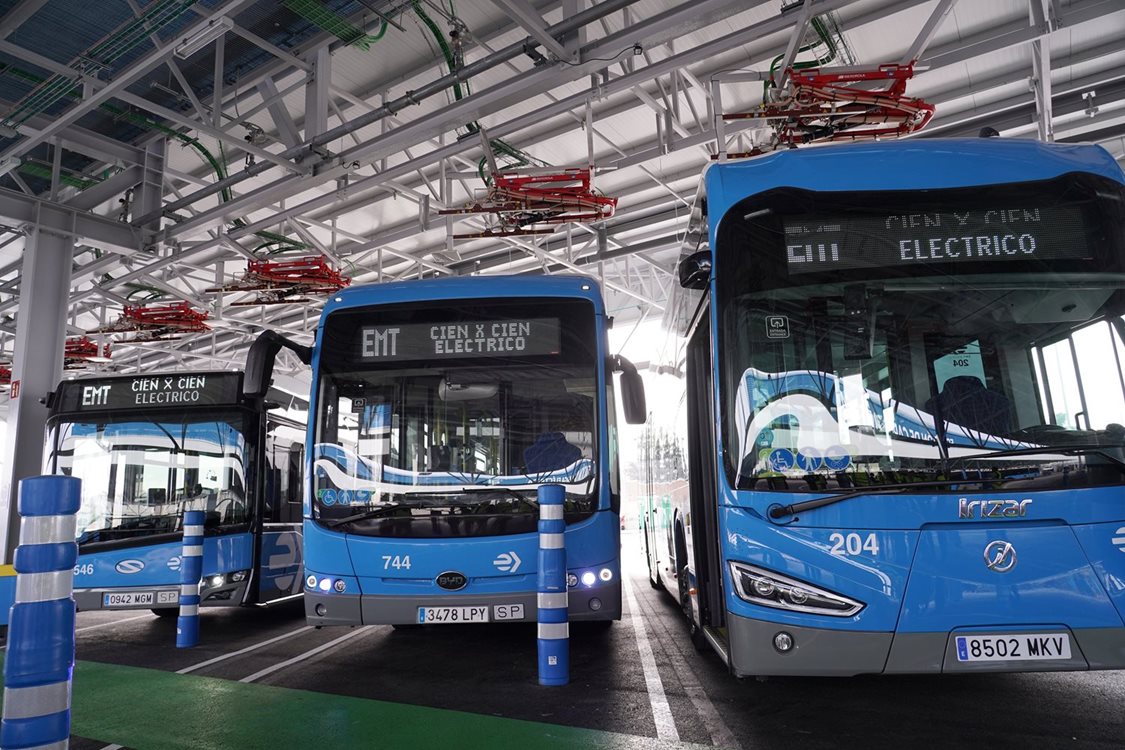Zhao Bentang, China’s ambassador to Portugal, revealed during the “Car of the Future” conference — organised by CNN Portugal Summit and Standvirtual — that Chinese manufacturers like BYD are evaluating plans to build factories in the country, starting with assembly centres.
This initiative forms part of a broader strategy to strengthen collaboration with Europe, not only in terms of sales, but also through investment and local production.
The growing Chinese interest has been welcomed by various stakeholders. Manuel Caldeira Cabral, former Minister of Economy, stressed that this move could have a “significant impact” on Portugal’s GDP, particularly if the factories reach a scale similar to that of Autoeuropa.
José Couto, President of the Portuguese Association of Manufacturers for the Automotive Industry (AFIA), highlighted the importance of ensuring these companies both produce locally and source components from Portugal, thereby strengthening the national value chain.
Ambassador Zhao urged both the European and Portuguese governments to offer fair and non-discriminatory conditions to Chinese companies.
A position echoed by Couto, who insisted that Europe must remain open to foreign investment and focus on ensuring clear requirements are met — including local production, investment, and compliance with regulations.
However, the national context also poses challenges. During the same event, several industry executives called for structural reforms to support this transformation.
Thomas Hegel Gunther, Managing Director of Volkswagen Autoeuropa, warned that the sector is undergoing its “most profound transformation in history”, driven by electrification, digitalisation, and new mobility trends. Yet, he cautioned that adaptation costs, along with regulatory pressure and international competition, are hindering competitiveness.
José Pedro Neves, CEO of Renault Group Portugal, called for an urgent review of automotive taxation, which has not been updated for over two decades. He criticised the current incentive schemes as being misaligned with consumers’ purchasing power, and argued for support mechanisms that enable access to affordable vehicles, not just premium electric models, to ensure an inclusive transition.
Isabel Furtado, CEO of TMG Automotive, highlighted the ongoing cultural shift in vehicle ownership, particularly among younger generations. Meanwhile, Andreas Merentitis, Vice President of Data at OLX Group, confirmed a steady increase in demand for EVs and hybrids in Portugal, with annual growth rates around 50%.
The potential arrival of BYD and other Chinese firms adds both challenges and opportunities to this evolving landscape. According to Couto, the main hurdle is not labour costs, but rather the availability of skilled workers. Nevertheless, he affirmed that Portugal’s training systems are equipped to maintain high productivity standards.
The entry of Chinese players such as BYD further fuels the debate on the future of Portugal’s automotive sector. It represents both a chance to expand the industrial base and a wake-up call for policymakers to establish the right conditions to attract investment and ensure a sustainable, inclusive mobility transition.
DISCOVER MOBILITY PORTAL DATA
Discover Mobility Portal Data, a new exclusive market intelligence platform offering reliable data and key reports to support smart decision-making across the automotive sector — covering both combustion and electric vehicles, as well as charging infrastructure.
Research, trend analysis, and neatly organised statistics presented with clarity and precision, alongside up-to-date insights — all just one click away. With Mobility Portal Data, good decisions are on the horizon.
READ MORE
-
Atlante y su “modelo híbrido”: generación, almacenamiento y recarga ultrarrápida para un sistema más resiliente
Atlante acelera su despliegue en España y en diálogo con Mobility portal, Inés Mackey, Chief of Staff de Atlante Iberia define las prioridades de la empresa y su apuesta por la interoperabilidad de la mano de Charge League.
-
Spain Auto 2030: a point-by-point look at the plan set to redefine the eMobility landscape
Spain has entered a new phase in its industrial strategy for electric mobility. The Government has unveiled Spain Auto 2030, a roadmap designed to mobilise €30 billion over the next five years, reshaping the centre of gravity of the electric vehicle market through fresh incentives, a centralised management model, targeted investment in charging infrastructure and…
-
EMT Madrid licita 120 nuevos buses eléctricos: inversión de 79,35 millones y entregas entre 2026-2027
Con esta incorporación, Madrid refuerza su estrategia de descarbonización y consolida una de las flotas eléctricas urbanas más grandes de Europa.










